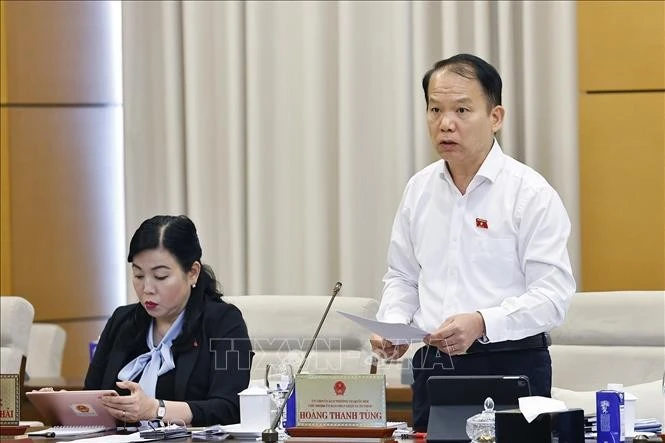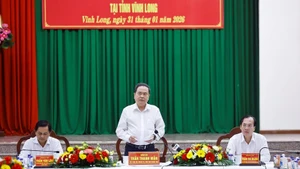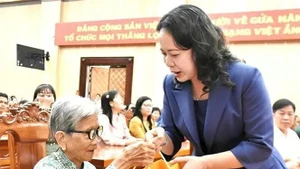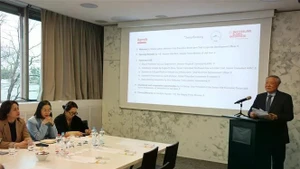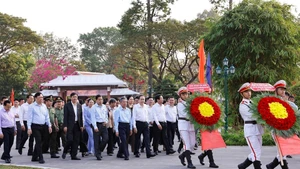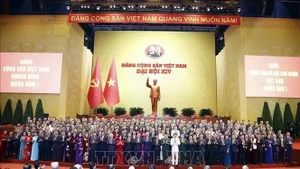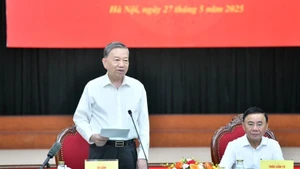Reports from the Chief Justice of the Supreme People’s Court and the Prosecutor General of the Supreme People’s Procuracy, along with their end-of-tenure summaries, were also presented.
The appraisal agency stated that although most types of crimes and law violations had decreased year-on-year (down 21%), certain categories had risen, including fraud, asset appropriation, and public disorder. It was observed that forecasting, analysis, and early identification of criminal activities at the grassroots level were, at times, not timely or responsive to developments, particularly in cases involving hi-tech crimes. Preventive measures in state management of telecommunications and the Internet were also assessed as still limited and inadequate.
Regarding crime detection and handling, new methods of economic crimes, fraud, and smuggling had been uncovered. The value of corrupt assets recovered at the investigation stage had risen sharply, by 181.01%. More cases of wastefulness in investment and construction causing severe budget losses had been detected and addressed. However, drug-related crimes continued to develop in a complex and large-scale manner, while violations relating to food safety also remained serious, posing significant risks to public health.
On anti-corruption results, it was reported that in 2025, efforts had been focused on reviewing and addressing delayed projects and prolonged backlogs that caused major losses and waste. Detection and handling of corruption through inspection, supervision, and auditing were strengthened. Investigation, prosecution, and trial of corruption cases were carried out in line with legal regulations, with numerous major cases exposed and punished, including violations involving senior officials under the management of the Politburo and Secretariat. Recovery of corrupt assets at the investigation stage also showed highly positive results.
The Standing Committee agreed with the Government’s assessment that corruption remained complicated in some areas in 2025. It concluded that preventive measures were still not fully effective, with cases of lax management and irresponsibility among certain collectives, individuals, and leaders. Oversight of power enforcement was considered insufficient, while efforts to rectify officials’ avoidance of responsibility and fear of making mistakes were still slow.
Looking ahead to 2026, the Standing Committee proposed continuing to strengthen the legal framework on anti-corruption, wastefulness, and misconduct; implement synchronised and effective measures; and shift the focus toward prevention with early detection and warnings. It stressed the need to address petty corruption and harassment affecting citizens and businesses. In addition, emphasis should be placed on building a capable contingent of officials while enforcing corrective actions to deal with avoidance, shirking, and reluctance to act due to fear of mistakes.
